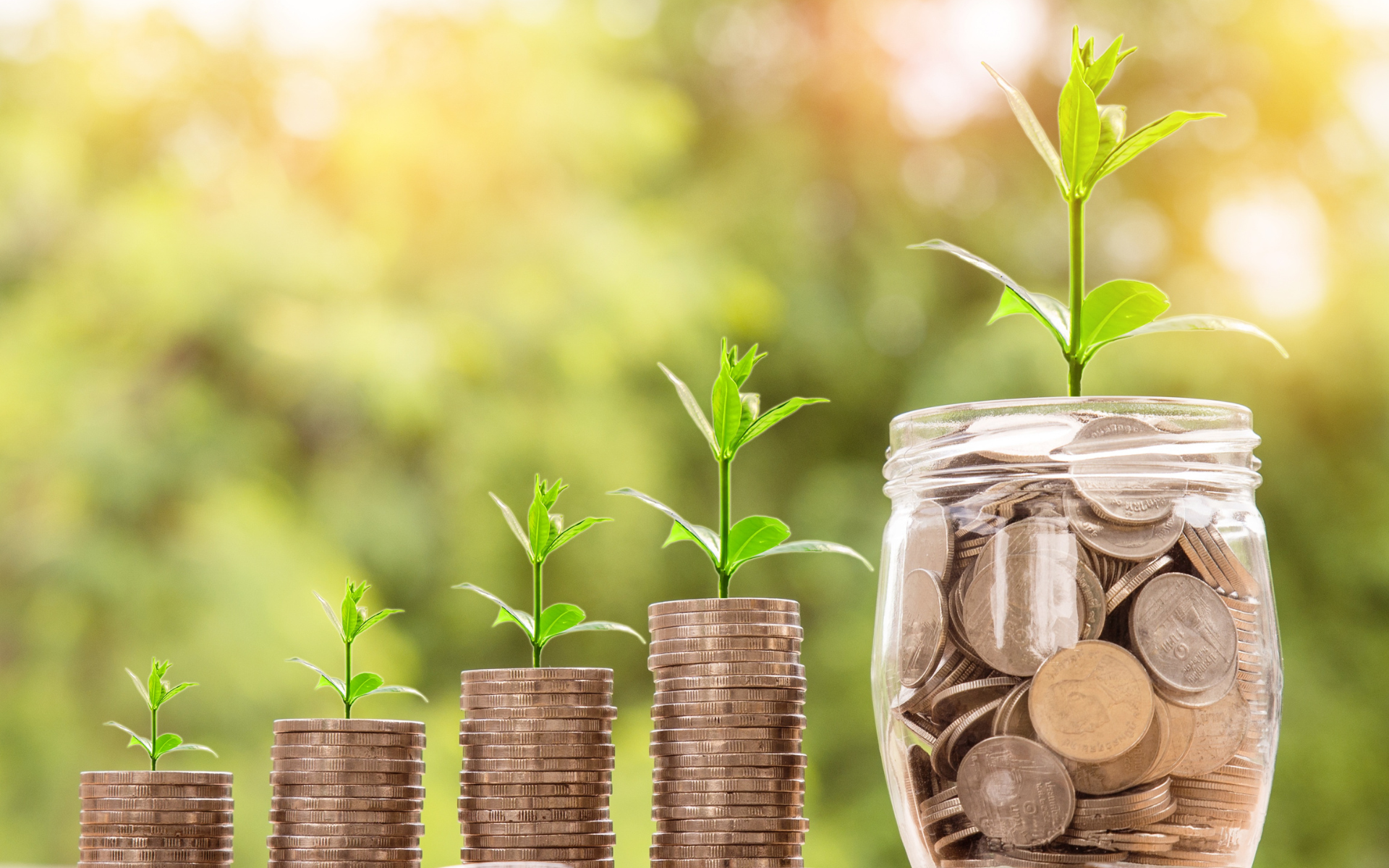Poorly managed activities by humans can have significant negative impacts on the environment, including pollution, soil and habitat degradation, global warming, ecological imbalance and resource depletion. Therefore, it is becoming increasingly important to implement measures for the promotion of sustainable activities which will enable the evolution of the future generations towards a greener and peaceful world. As a result, this post will include advices on how to save money and protect the environment.
Reduce, reuse, recycle: the three keys to responsible consumption
The respect for the environment comes first of all from a responsible consumption. Regardless of whether a product or a service is a good, the environmental effects shall be taken into account too up to the end of its life. It is important to consume without wasting resources, to reduce waste when possible, and even to support the economy of sharing and giving to maximize the lifespan of resources.
From that we can also add that recycling has a positive impact on the environment. Recycling reduces greenhouse gas emissions while also conserving natural resources, energy, and water when the end-of-life products are valorised accordingly. Hence and according to the appropriate channels, more that 90% of the wastes produced worldwide can be recycle by one of the following three primary processes : mechanical, chemical, and organic.
Second-hand shopping: an economical and ecological solution
Second-hand purchases are an opening to multiple advantages: buying less expensively, highlighting often unique pieces, preserving resources and eliminating high production costs.
There are several options available nowadays for buying used items, both online and in local stores. For examples in Mauritius we have various outlets such as The Charity Center or event The Good Shop.
The collaborative economy: sharing to reduce your ecological footprint
The main guideline of the collaborative economy is based on the sharing or exchanging goods/services between individuals. Professionals may also benefit from this philosophy thanks to the creation of a some specific communities. The goal is to encourage environmentally responsible consumption in order to provide the optimum circumstances for an ecological and solidarity transition.
Examples of collaborative projects include lending one’s garden to create a vegetable patch from which the fruits will be shared, lending items to neighbours to strengthen ties and revitalize neighbourhood life, partnering with caterers and communities in need to share the food surpluses, connecting nearby workers for carpooling, etc.
Do it yourself to limit environmental impact and costs
The advantages of in-house production are numerous: budget management, the creation of social and ecological linkages, and avoiding the cycle of overconsumption. For example, one can create its own decorative items for Christmas, presents, furnishings, daily accessories, etc. Hence, one can reduce his expenses and his ecological footprints, while breaking the manufacturing and transport chain which are particularly polluting sectors.
Daily eco-gestures to combine economy and ecology
Saving energy and water at home is part of everyday eco-gestures while taking into account the forecasts regarding the increase in energy prices and repetitive episodes of drought.
Also disposing of throwaway products needs to be a component of eco-friendly conduct. By using eco-friendly alternatives that prioritize renewable-source materials, this may be achieved.
To conclude, each individual is called upon to become a full-fledged actor of change, insofar as one plays a major role in the ecological transition. It is therefore important to inform and create awareness in order to encourage and inspire others to adopt an eco-responsible way of life. This, in order to take advantage of the long-term benefits the planet is offering us while paying attention to one’s wallet.
